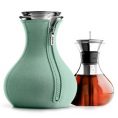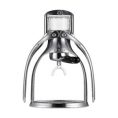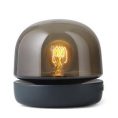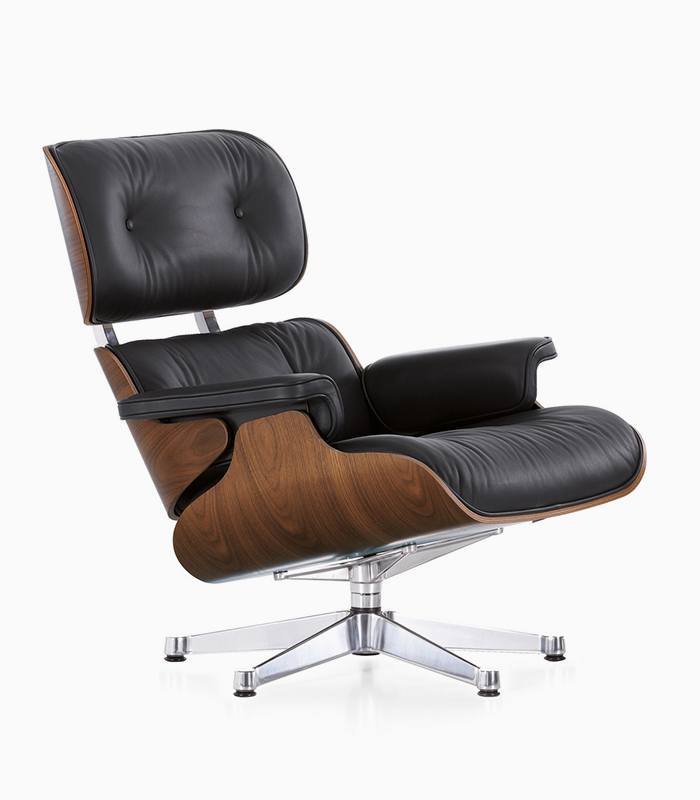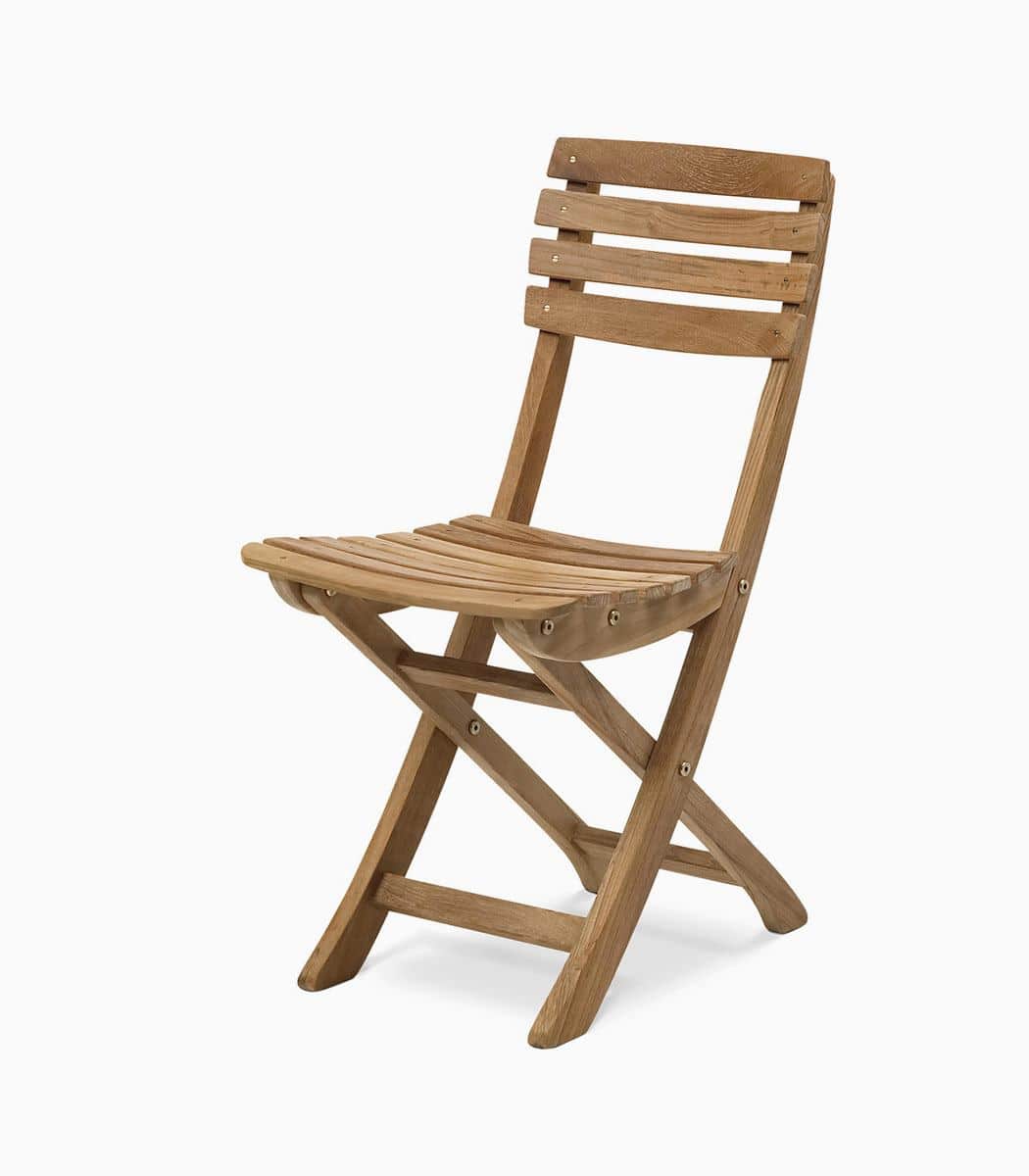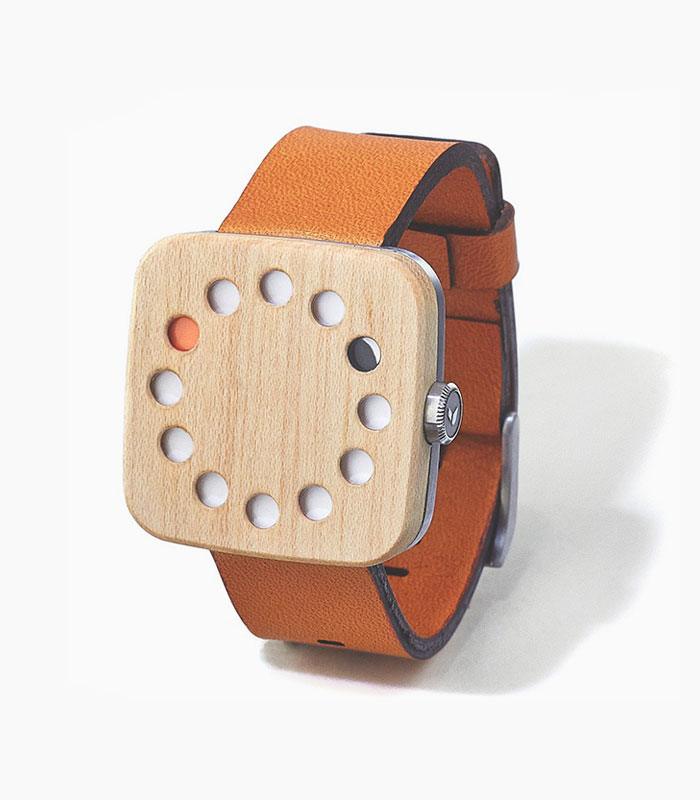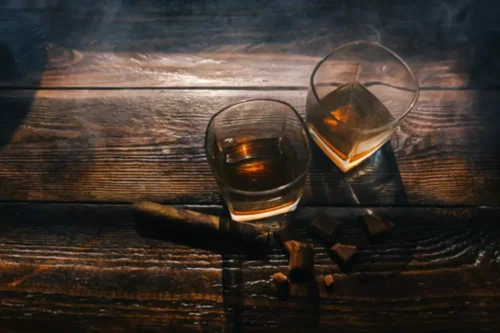
If a person consumes large amounts of alcohol regularly, their tolerance can increase, and the body requires more alcohol to achieve the desired effect. For the first week after your last drinking session, your skin might still be reeling. Don’t fret too much, however—after this, your skin will usually start to regain its healthy glow. If you’re worried about alcohol’s effects on skin, the single best thing you can do is drink less. Dark liquors contain compounds called congeners, which are theorized to cause worse hangovers than other types of alcohol. And these killer hangovers can amplify the parched, red, and puffy skin that you’re used to seeing after a night out.
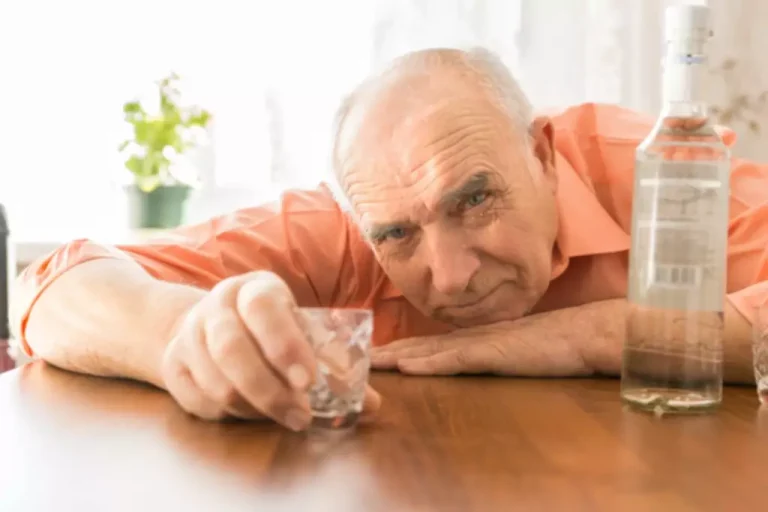
Rosacea
We will also discuss the connection between alcohol and acne, the importance of hydration for Sober living house healthy skin, and tips for protecting your skin while drinking alcohol. It’s not likely to come as a surprise that alcohol consumption, especially in excess, can be harmful to health. Many people are aware of the short-term effects of drinking on a person’s ability to function, and they may even know about the impact of alcohol on the heart, liver, and other organs. However, very few people know or think about the way that drinking alcohol impacts skin health. Dermatology Partners in Lakewood and Denver, Colorado, “I see many patients who have noticed dark circles, redness, inflammation, and accelerated skin aging. I always ask about alcohol consumption, and I hope my patients are straightforward with me about how much they drink.
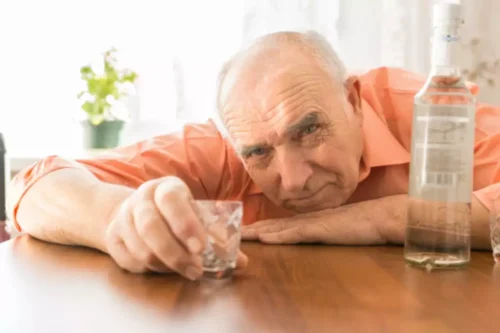
The Treatment Options Available for Alcohol Use and Skin Damage in Arizona
When you =https://ecosoberhouse.com/ put a stop to alcohol use, you’re reducing chronic inflammation, dehydration, and oxidative stress in your body—and this means significant changes for your skin as time goes on. Alcohol consumption can negatively affect skin health also through its effects on nutrition. This deprives the skin of essential vitamins and minerals such as vitamins B12, D and antioxidants. Common skin conditions influenced by alcohol include rosacea, psoriasis, and eczema.
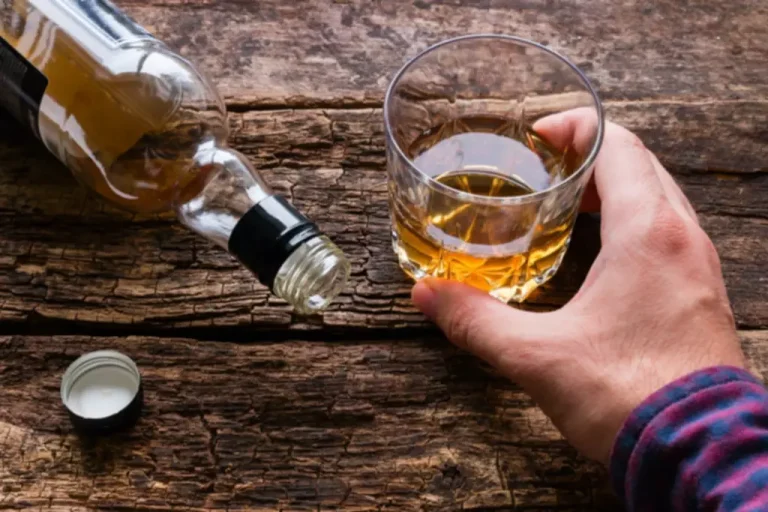
Skin Conditions That Develop With Long-Term Alcohol Use
Apply a broad-spectrum sunscreen with an SPF of 30 or higher before going outside, even on cloudy days. Although you may still suffer a hangover the next day, drinking lighter drinks may minimise your suffering slightly (and the amount of bacon sandwiches you have to consume!) because they don’t contain congeners. In fact, a study by the British Medical Association found bourbon is twice as likely to cause a hangover as the same amount of vodka. Like cocktails, the high sugar content in white wines can also lead to dull, sallow skin and puffiness – the last thing you want for your face. High pressure within the venous system in the liver leads to high pressure in the venous system elsewhere in the body including the veins around the umbilicus (belly button).
- Additionally, excess drinking leads to the breakdown of collagen and elastin in the skin, proteins responsible for its elasticity and firmness.
- And unfortunately, this can cause your skin to appear dull and zapped of its moisture over time.
- Urticaria (hives) may occur within minutes to hours of drinking alcohol and is sometimes due to allergic reaction.
- We will also discuss the connection between alcohol and acne, the importance of hydration for healthy skin, and tips for protecting your skin while drinking alcohol.
- Alcohol–immune interactions also may affect the development and progression of certain cancers.
A not-so-obvious way that alcohol affects the skin is through oxidative stress, which happens when there are too many free radicals in the body. Oxidative stress damages every type of cell in your body, including your skin. This means that every time you drink, your body is flushing out extra water. And unfortunately, this can cause your skin to appear dull and zapped of its moisture over time. There are many conditions caused by drinking that can be addressed through proper treatment and care. The most important thing you can do to address these concerns is to stop how alcohol affects your skin drinking.



